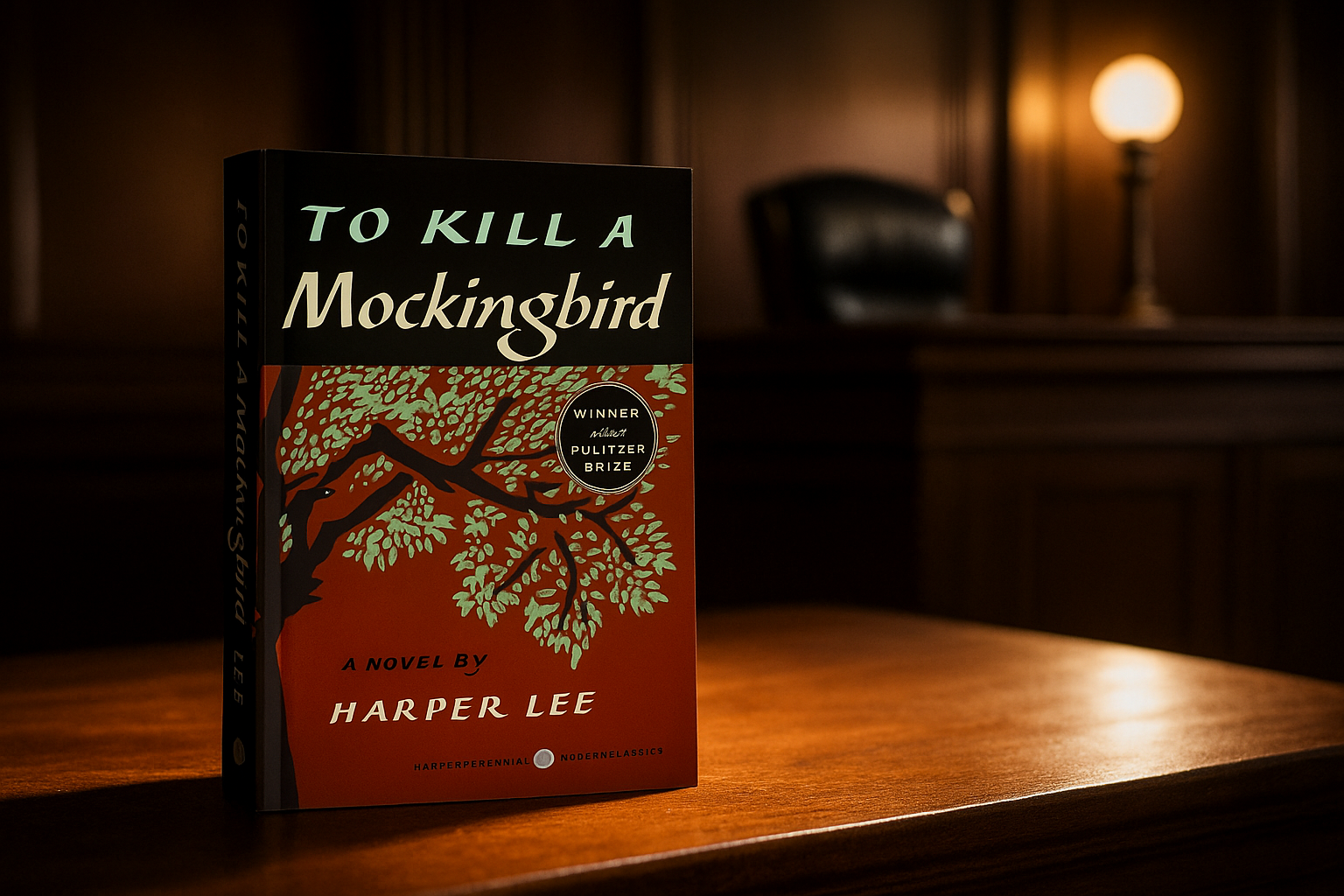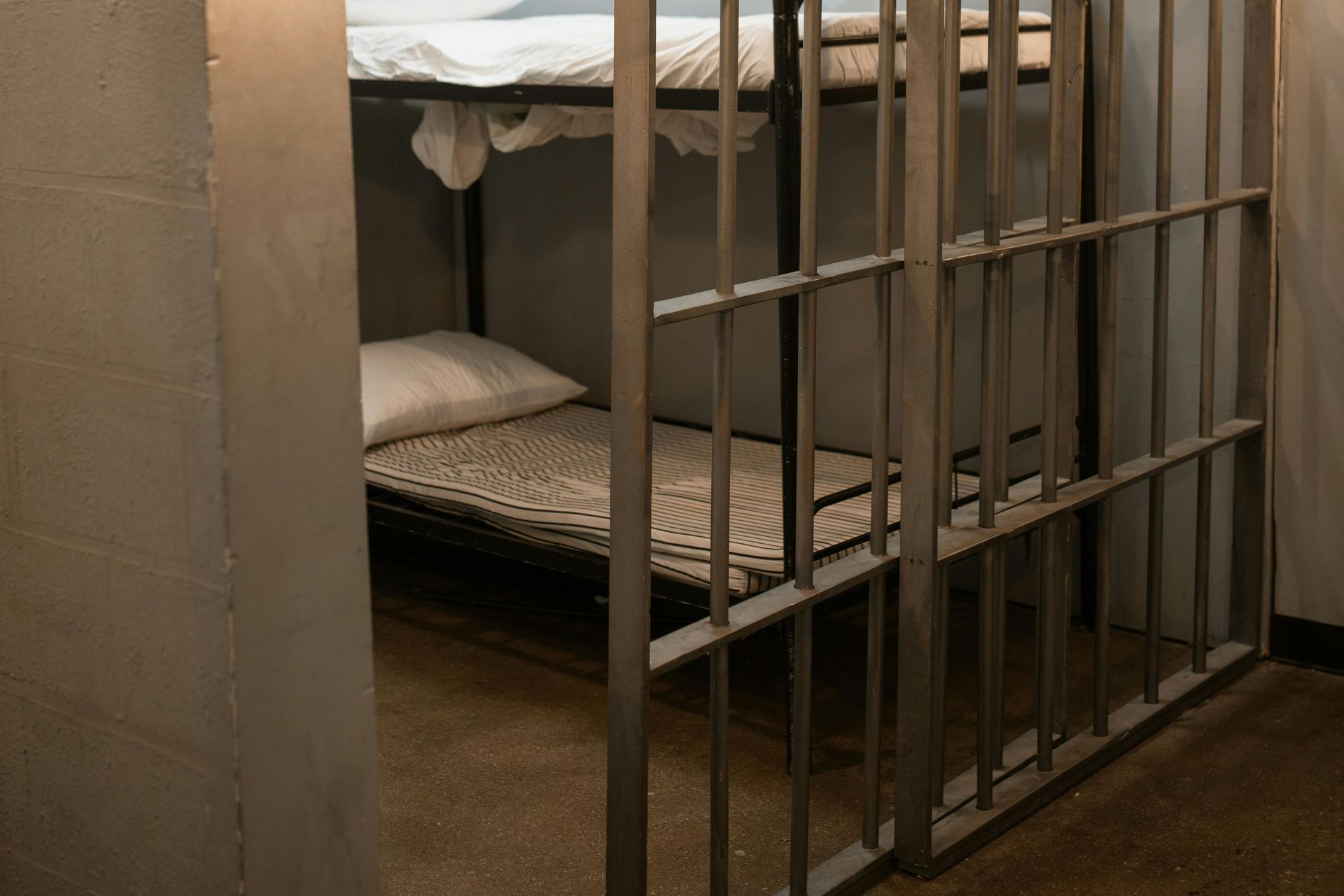Pandemic Policing
This article was originally published in WalletHub in 2020
Police forces across the country are being devastated by the coronavirus outbreak. What measures can be taken in order to keep a functioning police force during the current crisis?
The LAPD’s motto, “To protect and to serve,” succinctly promotes the laudable core values of law enforcement agencies throughout the country. Even with the enormous difficulties presented by the COVID-19 pandemic, police forces continue to strive to protect and to serve the public. At the same time, however, they must also try to protect their loved ones and themselves from falling ill. Police officers are no strangers to dealing with folks who are injured or ailing or sick, but the current pandemic has brought with it unprecedented challenges. Operating on the “front lines,” police officers are at higher risk for contracting the virus than the general public because of the physical contact inherent in their line of work. Many police forces around the country have been hard hit by significant percentages of officers who are either out sick or on quarantine as a result of exposure. Those who are not sick may therefore be required to work more frequent and lengthier shifts. In an effort to provide reinforcements, police forces have brought in law enforcement officers from other parts of their home states and have sped up the training process for incoming recruits.
Police forces are taking a variety of measures to ensure that they continue being operational and of service to the public. Some of the more obvious steps include utilizing protective gear (to the extent it’s available), limiting physical contact with the public, transferring officers to remote work where possible, and instituting infection control protocols, such as sanitizing police stations and squad cars. Some other approaches involve a fundamental change in how the police engage in policing – such as reducing foot patrols, asking the public to report some crimes online or over the phone rather than in-person at a police station, restricting physical responses to only those situations deemed to be emergency or high-priority, and conducting investigative interviews outdoors rather than in someone’s home. The police are also making fewer arrests for relatively minor crimes, such as property crimes, and instead issuing more warnings and citations.
Making fewer arrests has the benefit of helping to reduce prison populations, important both for the safety of the prisoners as well as those officers who work in the prisons. California, for example, has granted early release to thousands of prisoners in an effort to slow the spread of the virus in the prison system. Another approach undertaken by states is to reduce the number of incoming prisoners by granting diversion for lower-level crimes. Two fortunate consequences of the various shelter-in-place orders have been the reduction of people on the street and the associated reduction in crime rates, both of which help make all of these steps possible.
With these new measures in place, and as officers who were quarantined and/or sick eventually return to work, police forces around the country will be as ready as ever in their efforts to protect and to serve the public.
What is the long-term outlook for the law enforcement field?
Police forces will continue to evolve in response to the worrisome trend of terrorist attacks and now pandemics. Police forces will never become obsolete, for as long as we are human and continue to fall victim to crime, car accidents, and other emergencies, we will continue to have a need for law enforcement. The police will always be considered essential.
Hopefully, in response to the ever-increasing nature of the risks associated with working in law enforcement, there will be additional safeguards and health guards put in effect for the benefit of the police. Some that come to mind would be easy access to testing for the current pandemic and any future novel outbreaks we may face, access to top-notch personal protective equipment, access to top-notch healthcare, access to counseling -- especially after particularly stressful situations, reasonable shifts, and higher pay in order to compensate officers and their families for their sacrifices in facing the increased risks.
What measures should police undertake to improve relationships with the community, especially in minority communities?
“To protect and to serve” as a motto is the cruelest of ironies as the nation reels from the murder of George Floyd at the knee of a uniformed police officer. Three other officers stood there and facilitated the murder by doing nothing to stop it even though George Floyd was in all of their custody, in all of their care and control. One officer kneeled cold-bloodedly with his hands in his pockets as he murdered George Floyd. The other officers held back increasingly agitated bystanders who begged the officers to stop and who pointed out the obvious – he’s not resisting arrest; his nose is bleeding; he’s not breathing. One officer murdered George Floyd. The other officers watched him die.
What measures should the police take? Measure one – stop murdering members of the community. “Minority communities,” as the question poses, are members of the community. No one should be considered part of a separate community in terms of how they are treated by the police. We are all supposed to be equal members of the community. We are all supposed to be protected and served.
George Floyd’s life mattered.
The majority of police officers are well-intentioned and do strive to protect and to serve. However, it would be false and overly convenient to blame “a few bad apples” in the police departments around the country for the pervasive police atrocities we see on a frequent and ongoing basis. Weeding out the bad apples won’t cure the problem. It seems that the whole tree is infected. The problems with how minority communities are treated at the hands, and the knees, of police departments around the country are systemic and ingrained.
What measures should the police take? Measure two – seek out leadership, with purpose.
What measures should the police take? Measure three – hire and train new officers, with purpose.
What measures should the police take? Measure four – hold officers accountable. Make an example of the good ones. Make an example of the bad ones.
What measures should the District Attorney’s Offices and the U.S. Attorney’s Offices around the country take? Prosecute the murderers and the assaulters and the aiders and abettors on the police forces to the fullest extent of the law.









